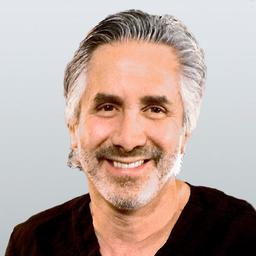The definition of menopause is simply the natural end of a woman’s menstrual cycles. While the average age for a woman to enter menopause in the United States is 51 years old, there is some familial tendency, so you may follow your mother’s pattern.
This is a very natural part of aging but can happen as early as 40 years old or younger. We call that “premature ovarian insufficiency” or simply, “premature menopause.”






